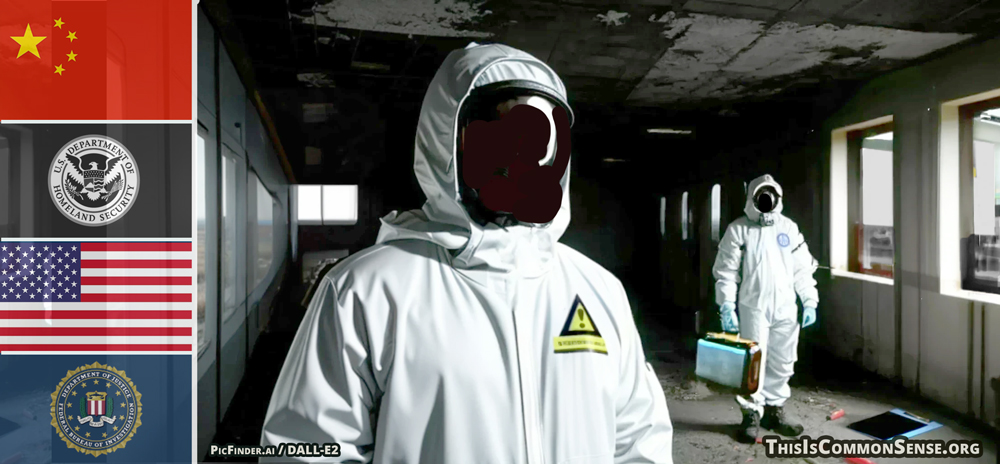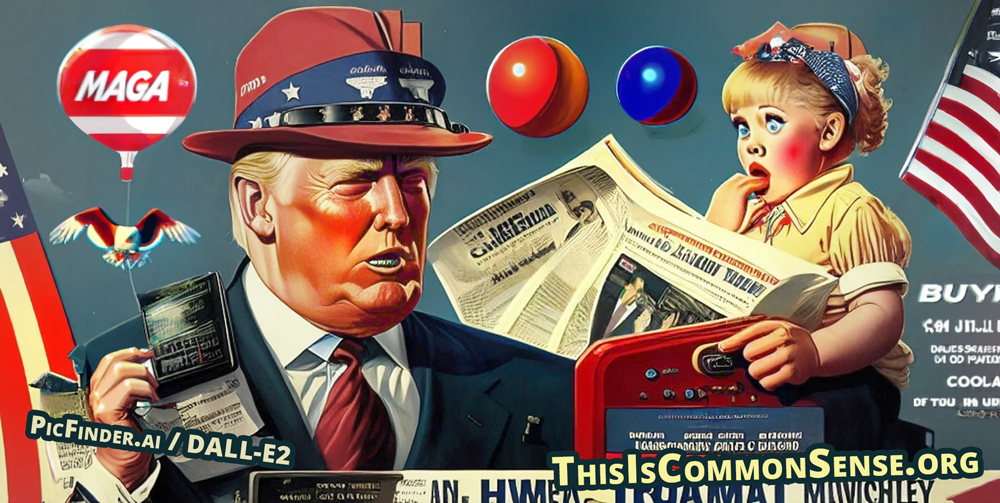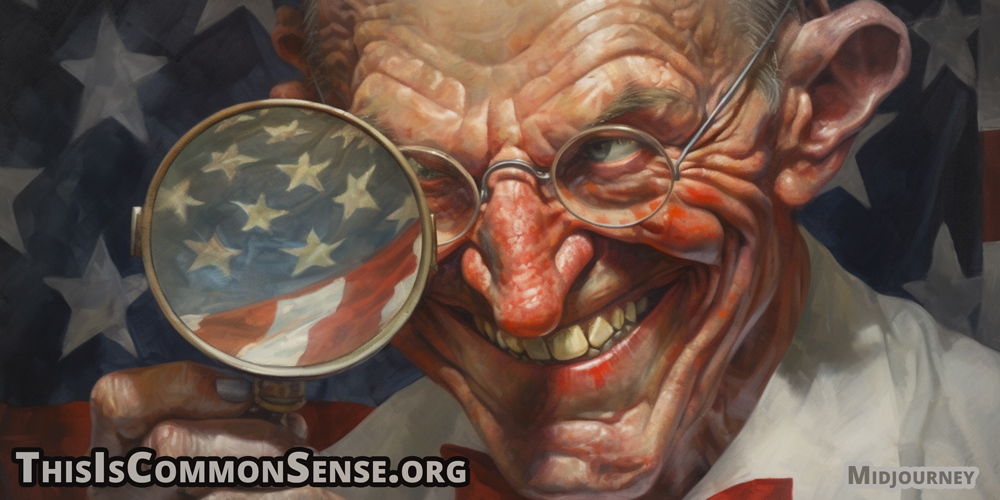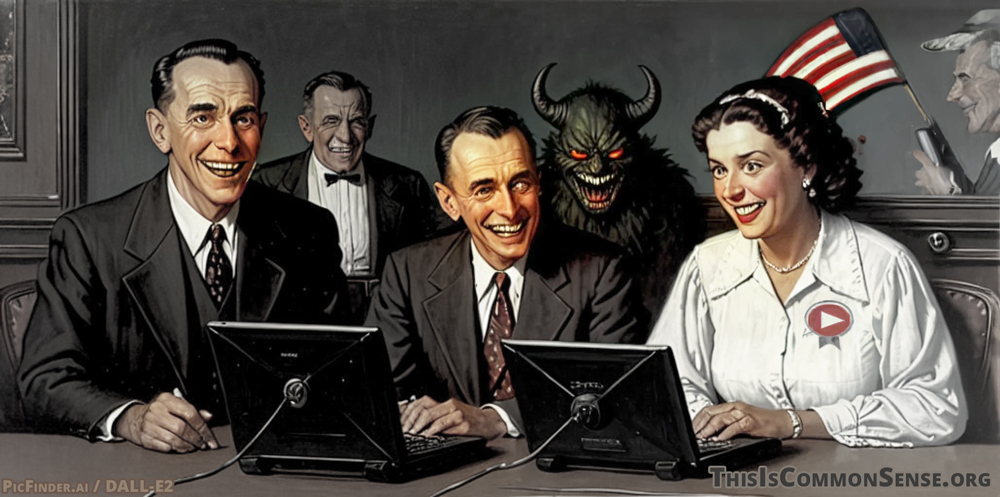The abandoned biolab found last December in Reedley, California, was uncovered by local law enforcement — not the Department of Homeland Security, the CDC, the FBI, or any of the federales’ faker’s dozen of intel agencies.
But the locals quickly discovered this was not just an unregistered business, or the anodyne testing service the paperwork for the company promised. What they found in the warehouse was a suspicious array of mice, living and dead, and vials of diseases, kept, we are told, in a careless manner.
Almost as ominously, the business — Prestige Biotech, previously known as Universal Meditech Inc. — is Chinese-owned and operated.
And had received government subsidies.
Ours! Who knows what came from China?
“House Speaker Kevin McCarthy (R-Calif.) and Rep. Jim Costa (D-Calif.), who represent congressional districts in California’s Central Valley, wrote a letter to the Pandemic Response Accountability Committee seeking a probe into how and why Universal Meditech Inc. was granted two Payment Protection Program (PPP) loans of $74,912 each in April 2020 and February 2021,” explains The Epoch Times.
The company had previously been awarded — but did not qualify for or actually receive — a $360,000 tax credit under California’s CalCompetes GO-Biz program.
Why wasn’t this tale told for half a year?
“The FBI,” as Mark Tapscott writes, “imposed a blackout on any public statements about the facility.”
“[T]he FBI and the CDC and everybody else in the alphabet soup of state and federal agencies” told locals not to comment, says Reedley City Manager Nicole Zieba.
Curiously, the reporting makes no mention of Homeland Security. What is that agency for, again?
This is Common Sense. I’m Paul Jacob.
Illustration created with PicFinder.ai and DALL-E2
—
See all recent commentary
(simplified and organized)





